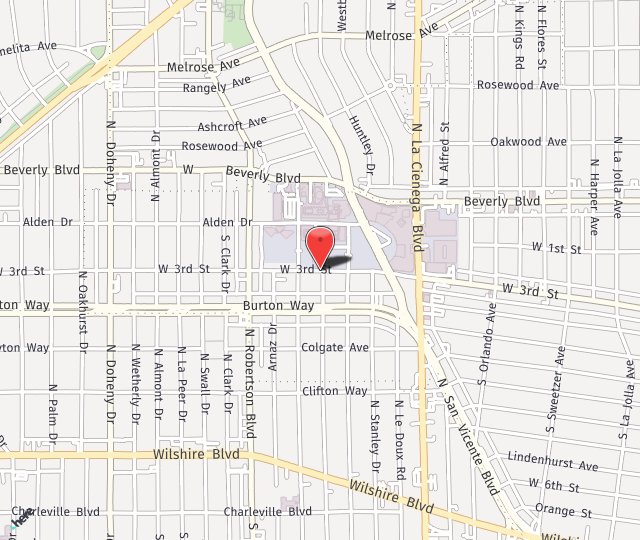How Do You Know You Have Nerve Damage?
- Posted on: Feb 15 2019

This isn’t something to trifle with. As a specialist in peripheral nerve surgery, Dr. Seruya wants his patients to know that after a period of 12-18 months nerve damage can become permanent.
What are the types of nerves?
Our bodies have three types of nerves:
- Autonomic nerves — These nerves control the involuntary or partially voluntary activities of your body, things like blood pressure, digestion, heart rate, and others.
- Motor nerves — These nerves control your movement and actions by passing information from your brain and spinal cord to the muscles.
- Sensory nerves — These are the pain nerves, relaying information from your skin and muscles back to the spinal cord and brain. These let you feel pain and other sensations.
What are symptoms of nerve pain and possible damage?
The type of nerve involved and its location will usually dictate the symptoms. Dr. Seruya operates on damage to the peripheral nerves outside the brain and spinal cord.
Autonomic nerve damage symptoms:
- Lightheadedness
- Inability to sense chest pain, such as during a heart attack
- Too much or too little sweat production
- Dry eyes
- Dry mouth
- Constipation
- Bladder dysfunction
- Sexual dysfunction
Motor nerve damage symptoms:
- Weakness
- Muscle atrophy
- Twitching
- Paralysis
Sensory nerve damage symptoms:
- Pain
- Sensitivity
- Numbness
- Tingling
- Prickling
- Burning
- Problems with positional awareness
If you have any of these symptoms, Dr. Seruya needs to see you before any damage becomes permanent. Please call us for an appointment at (310) 423-2129.
Posted in: Nerve Damage

